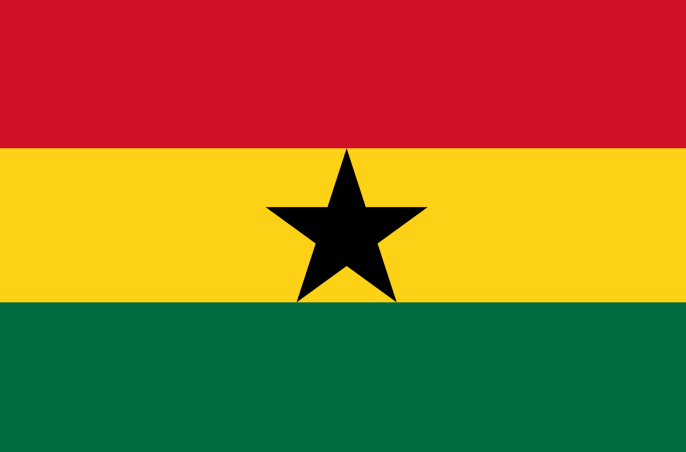Ghana: MTN Mobile Money Ripping Off Ghanaians?

The revolution in the telecommunication sector, which started in the late 1990s, has no doubt redesigned the way businesses are conducted in the country.
In those days, one had to queue at the former Post and Telecommunication Corporation (P&T) before a call could be put through to relatives abroad. All these nightmares, however, changed immediately the private players were introduced into the sector.
It was Mobitel, which has now metamorphosed into Tigo that first entered the fray, followed by Spacefone which is now MTN. Later OneTouch, which has also changed ito Vodafone, Kasapa now Expresso, and Glo among others, joined the industry. The resultant competition has now benefited the customer, who can make calls from almost every corner of the country to any part of the world. The government is also raking in millions of cedis, in the form of taxes from these telcos.
With the business booming in the sector, some of the telecommunication companies have now diversified into the money transfer market. This business, which was started by MTN and Tigo, has now become a flourishing industry, attracting other telcos to venture into the sector.
Because MTN and Tigo Cash broke the barrier of normal banking, by reaching the remote parts of the country, the services are being heavily patronized by Ghanaians.
Regrettably, MTN appears to have taken undue advantage of the booming business to impose double taxation on Ghanaians.
Available information indicates that, whenever a customer sends money to a recipient who is registered with the MTN mobile money, the former does not pay any commission on it.
The recipient of the money pays the commission when he or she withdraws the money. Information further indicates that recipients pay GHc1.00 for every GHc100 received as a tax. MTN then shares this commission with the agents it has appointed throughout the country.
Without any proper public education, MTN has reportedly directed all its agents to take commissions from customers transferring mobile money to recipients who have registered with them (MTN Mobile Money).
It is not known whether this new directive has approval from the Bank of Ghana (BoG) or the relevant authorities; but no matter how one looks at it, it is a complete cheating that must be reversed immediately. Obviously this is a double taxation and ought not to have been implemented in the first place.
The Chronicle accepts the popular saying that the private sector is the engine of growth of every economy, but this does not mean that private businesses should take advantage of the situation to cheat customers.
Until the advent of the MTN mobile, sending money to relatives in remote areas was a remote possibility, but the money transfer has broken that barrier and The Chronicle congratulates MTN and Tigo for their ingenuity. But to take advantage of this and make money out of the rural poor should not be countenanced.
The Chronicle is, therefore, calling on the BoG to quickly intervene and ensure that the customer is not cheated. It is wrong for MTN to pocket the original commission and then instruct its agents to take another commission from the one transferring the money, when the situation was not so when the mobile money business was first introduced.
SOURCE:THE CHRONICLE
 Africas leading resource for digital financial services
Africas leading resource for digital financial services


comments